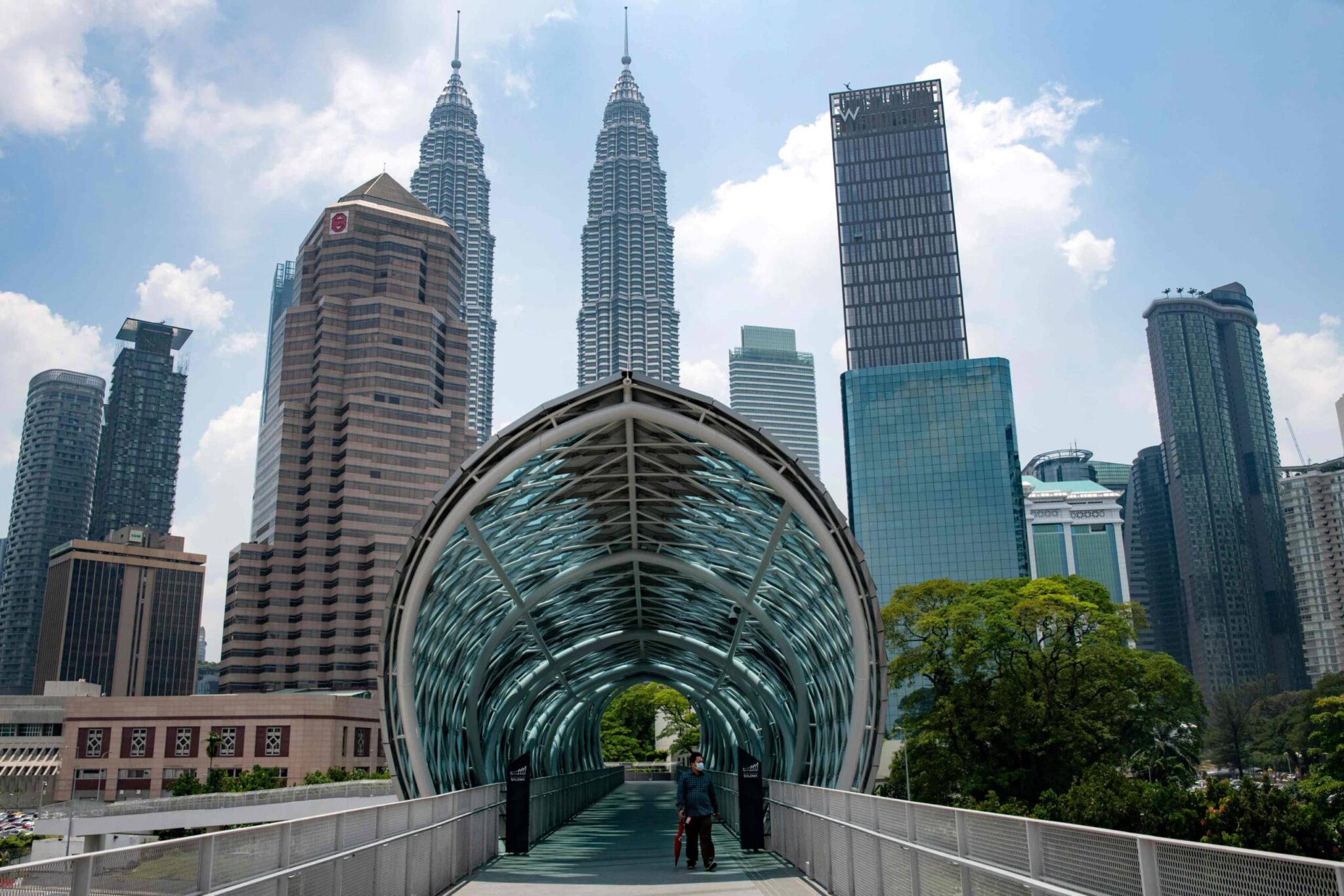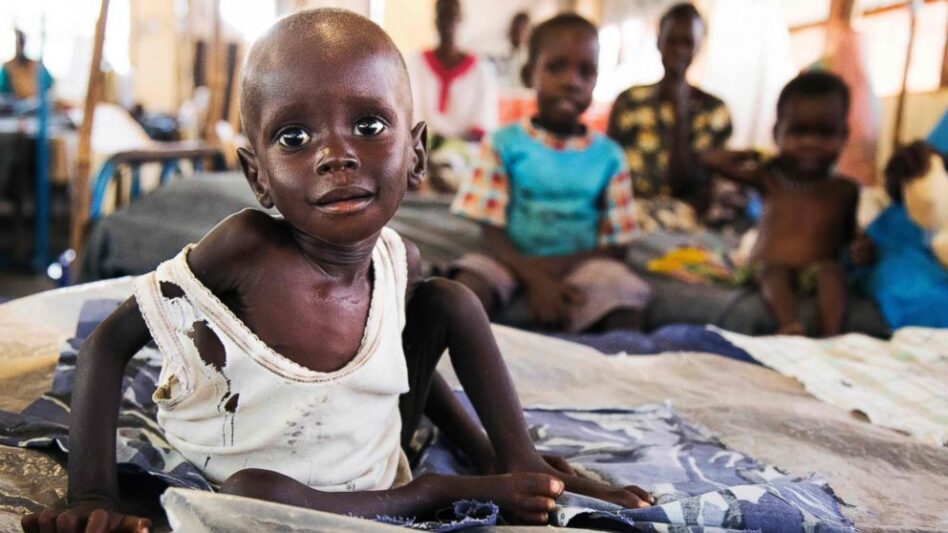IT is difficult to estimate the outcome of the forthcoming 15th General Election (GE15) in terms of projected number of parliamentary seats given the presence of three significant coalitions with large bases of support as well as uncertainties on likely turnout rates.
With the lower-than-expected level of Malay voter support for Barisan Nasional (BN) at this point in time, it is possible to imagine that no single coalition will attain a large enough plurality to form a government with just one other party or coalition, according to the most recent Merdeka Centre for Opinion Research survey.
“Instead, there is a rising possibility that at least three or more parties/coalitions are needed to cooperate to form a government with a simple majority,” observed the independent public opinion research and socio-economic analysis centre.
The survey entailed 1,209 Malaysians aged 18 and above who comprised 52% Malay, 29% Chinese, 7% Indian, 6% Muslim Bumiputera, 6% non-Muslim Bumiputera (from Sabah and Sarawak) who were interviewed via fixed line and mobile telephones.
Respondents were selected based on random stratified sampling along age group, ethnicity, gender and state. They were sampled from each of the 222 parliamentary constituencies.
From a political inclination aspect, the Merdeka Centre found that Pakatan Harapan (PH) is only slightly ahead of BN by 26% against 24% in terms of total voter preference.
“It is imperative that whichever of the two coalition which can win over the 31% fence-sitters (those with no preference/unsure of their choices) will likely emerge triumphant in the forthcoming 15th General Election (GE15),” opined the research centre.
A similar fashion also shows in the overall Malay voter preference with BN garnering 32%, well ahead of Perikatan Nasional (PN) at 20% and PH (13%), but with 29% of fence-sitters who are capable of swinging the pendulum in any way.
“The findings appear to indicate a decline in overt preference among Malay voters towards BN and a small increase towards PH,” observed Merdeka Centre in a media statement. “Yet at the same time, there remained as many as 29% Malay voters who remarked that they had no preference or were still undecided.”
Although the research centre does not discount the likelihood of those undecided voters casting their votes in favour of the ruling party, “past experience tells us that the majority of them will likely go to either opposing parties, ie PN and/or PH”.
“Among Indian voters, the figures were clearer where only 6% were undecided while among Chinese voters, their overt responses showed a distinct choice for PH (at 47%) over other parties but 18% said they held no preference,” deduced the Merdeka Centre.
“Based on our experiences in comparing surveys and actual results in past two general elections, we anticipate that most of the Chinese voters will likely choose PH.” – Nov 4, 2022











